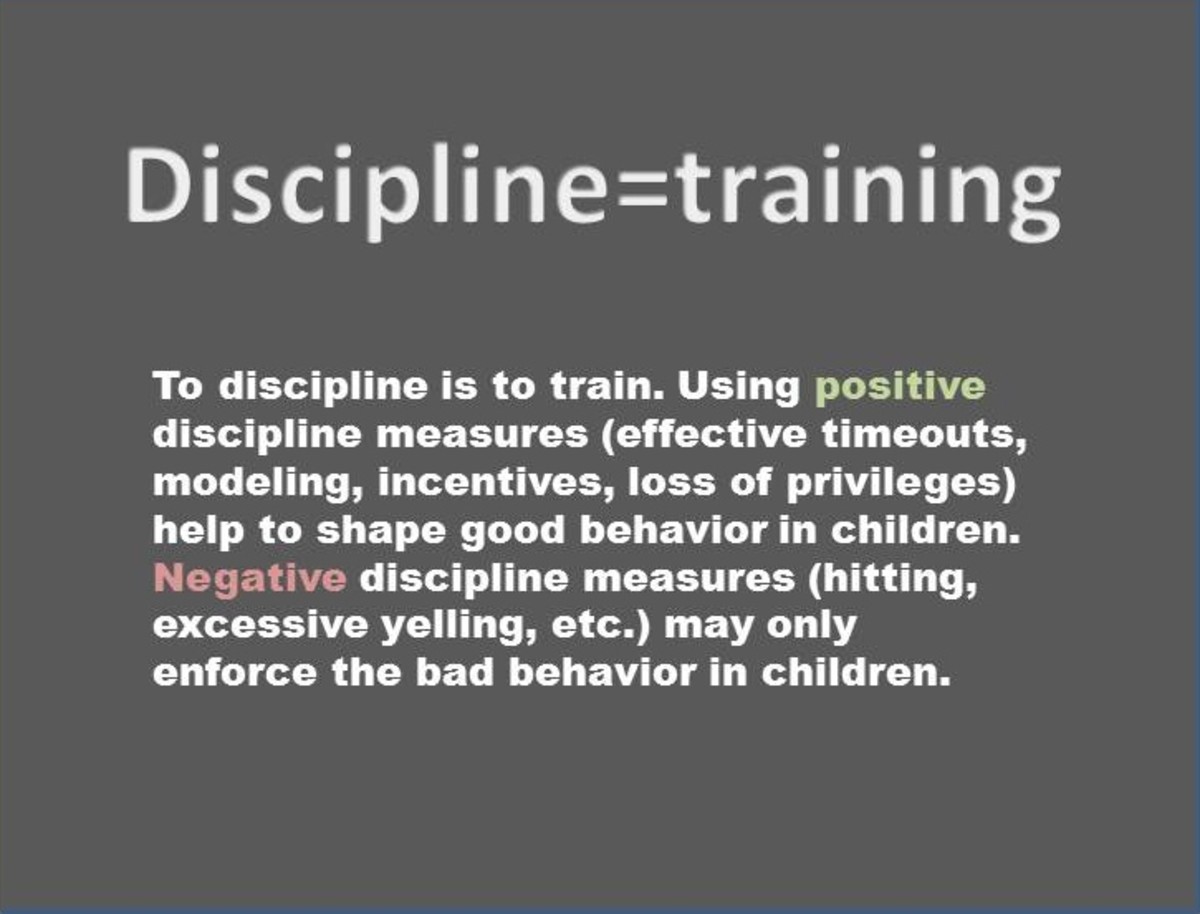How to Deal With Defiant Children
Dealing with a Defiant Child
It is natural for children to be upset or angry at times, but having to deal with a child who is becoming increasingly defiant and difficult is a challenge for any parent. It may feel like you’re having to walk a tightrope all the time. For children, defiance is a way of asserting their independence. There are indications to let you know that they are capable of making their own decisions, and asserting their autonomy. Defiance could be an expression of their frustration. It could also be a way of expressing their frustration or anger with something happening at home or school. Defiance is generally seen in very young children, pre-teens and teenagers. Positive disciplining should normally result in acceptable behavior and help children understand why defiance is unacceptable and direct them towards acceptable behavior.

The Defiant Child
A defiant child as we know is made, not born. Children often learn to react the way they see us behave, so it is important to reduce conflict in the home. As a parent, if you are constantly saying 'no', without providing opportunities for the child to explore life in a protective, positive environment, frustration and anger build up, making your child defiant. Psychologists also say that indulgent and permissive parents train their child to become defiant in the face of the slightest opposition. The lack of consistent discipline causes children to become belligerent and defiant. It makes them believe that they are equals and assert their rights, while refusing to comply to requests from parents.
Disciplining Children
Some parents consider disciplining their child as being harsh or restrictive. The truth however is that when you discipline your child, you –
- help your child learn to be in control of his/her emotions
- encourage your child to learn acceptable social behavior
- help your child become responsible
- empower your child to become self-sufficient
- help them develop problem solving skills by working within limitations
- help your child get along with his/her peers, playmates and significant others and become a socially well adjusted individual

What are the problem behaviors of a defiant child?
Some of the most common defiant behaviors found in children and teenagers are –
- Talking back
- Being argumentative - especially with elders and authority figures
- Refusal to comply with requests, and may at times do just the opposite of what he/she is told
- Annoying behavior, throwing tantrums, being moody and resentful
- Not taking correction well
If a child has most of these behaviours, the child could be diagnosed with Oppositional Defiant Disorder. You would need to take professional help depending on the severity of the symptoms.
Please vote on which method you would adopt to discipline your defiant child
How to deal with a defiant child
It takes a bit of learning and patience, but with consistent effort you will surely be able to achieve your goals.
- Change the way you approach the problem. Instead of seeing your child as the problem, look at what is causing the problem. Try to understand the problem and work to eliminate such problem behaviors in your child – and yourself.
- List the problem behaviors that need to be changed, and deal with the most troublesome ones first.
- Detach yourself emotionally from the problem – note that I said ‘problem’ not ‘child’. It helps to take an objective look at the reasons for the unacceptable behavior. This is often the key to effective behavior modification.
- Decide on a suitable method of disciplining your child. This should be discussed between parents and any other adults who may be a part of the child’s life. You should then arrive at a workable consensus, however, discipline needs to be consistent. Going a step further, you should focus on increasing positive behaviors in your child.

Dealing with defiant children
- Positive discipline, that focuses on acceptable behavior, is more effective than punishment and harsh treatment. Decide on the consequences for behavior that is not acceptable, and
- enforce the consequences consistently.
- Do not get into bargaining, reasoning or arguments with your child while enforcing discipline. Arguments and power struggles give the child an equal status and encourage him/her to demand his/her rights. It also creates a climate of argumentativeness and struggle, which is a vicious cycle.
- Learn to ignore small infractions. Picking on your child all the time for everything would produce even more negative behavior. Focus on the one behavior that needs to be changed and enforce the consequences.
- It helps to give a warning to alert your child when he/she is indulging in defiant behavior. Just once is enough. Go to the consequences when warning is not heeded.
- Reward positive behavior with personal attention. A smile and a hug, or an affectionate pat on the head, or even getting down to your child’s level and giving him/her a hug or a day out in the zoo or park. Do not give material gifts.
How to Handle a Defiant Child
- Praise is an effective tool for increasing acceptable behavior. However, when you praise, make sure to let your child know why you are happy and which behavior of his/hers makes you happy. Use statements like “You have done a great job of making your bed.” Effusive praise in an animated voice and appropriate gestures gets the message across to your child easily. A affectionate touch could make it even more effective. Your child will love it and want more of it.
- Be proactive. If you have observed and noted which situations trigger negative behavior, you could quickly distract your child’s attention before your child starts acting out. If your child always wants gum or chocolates at the checkout counter, you could give your child a handful of change and have him/her count them..just something to distract him/her for that moment. This breaks the chain of responses to a situation and encourages positive behavior.
- Keep your cool – yelling and losing your temper will indicate to your child that it is okay for him/her to lose control too, and react the same way. A calm, firm voice signals authority and that you mean business. It gets attention immediately. Practice it, it works.
- However, if your child is too upset to listen, take time to explain things when he/she has calmed down.
To sum up - Remember that children love attention. They will do anything to get your attention. Giving attention to your child when he/she exhibits positive behavior helps them increase acceptable behavior and helps reduce defiant or unacceptable behavior. Ignore negative behavior. Persist with your efforts, don't give up. Take professional help if you need to. While dealing with defiant children it helps to listen more than talk. Asking questions about their day encourages them to speak about how they feel. Direct questions about their feelings may not be suitable for young children, they may be unable to express themselves. Understanding improves your bond with your child, builds bridges of trust, strengthens love, breaks down defiance, and encourages compliance. Try a little love.








